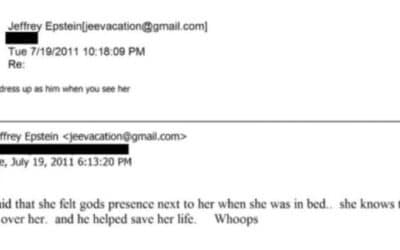This will probably come as no surprise to regular readers of LI, but a 2018 survey on basic political knowledge revealed that the average American voter is not simply uninformed, but is systematically misinformed.
The survey asked 24 questions to a sample of 1,000 American voters, 18 of which had dichotomous responses (e.g. True/False). If you were to blindfold a respondent, give them two buttons to signify their responses, and never ask them the questions, they would still be right, on average, about 50% of the time.
Compare that to the American voter, who correctly answered only 42.9% of the time. In other words, they did significantly worse than a blind, random guess.
Voters did about as well as a random guess on those questions with three possible responses, answering correctly 32.8% of the time.
Finally, there was one question with four possible answers, which was correctly answered by 34% of respondents.
Overall, the average American voter answered correctly only 40% of the time. More details at the link above.





























